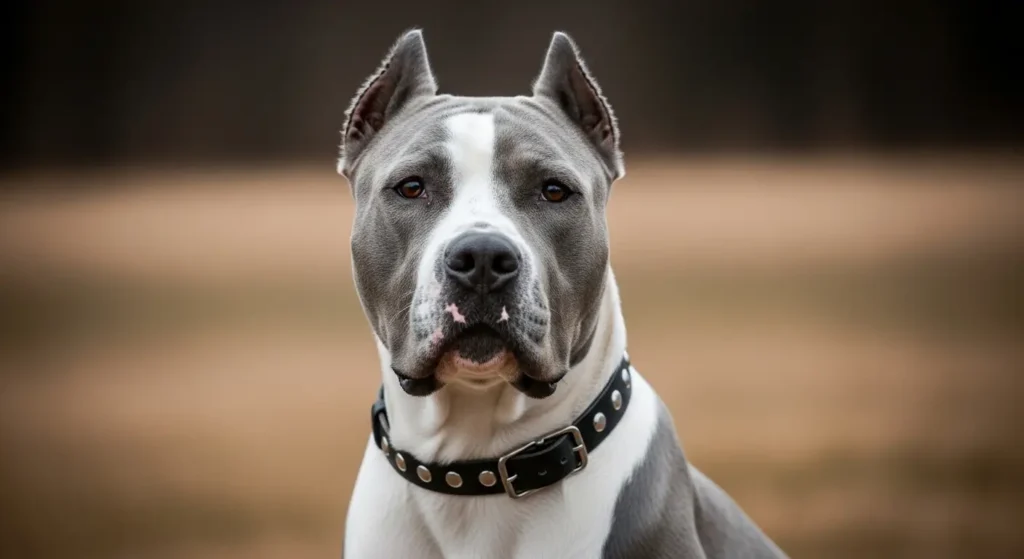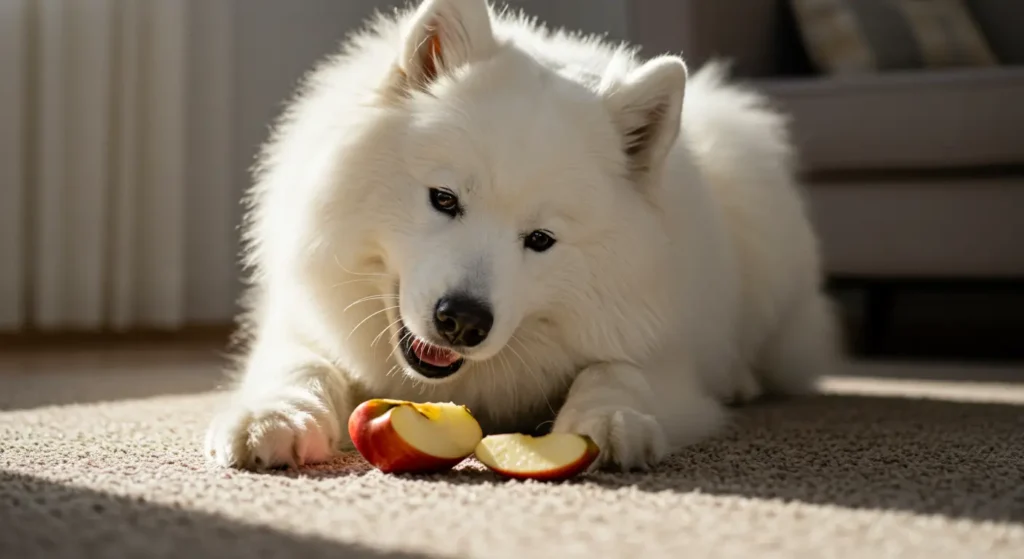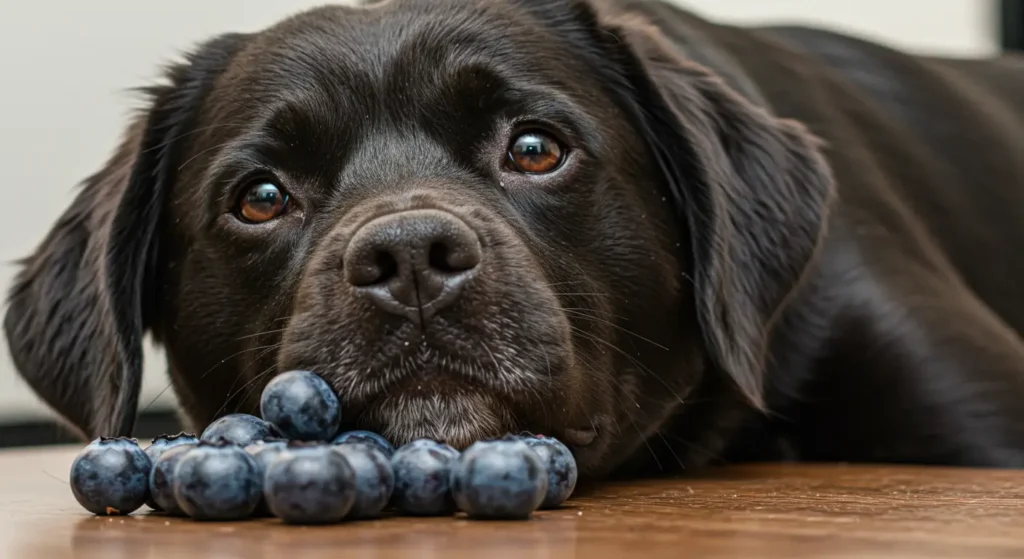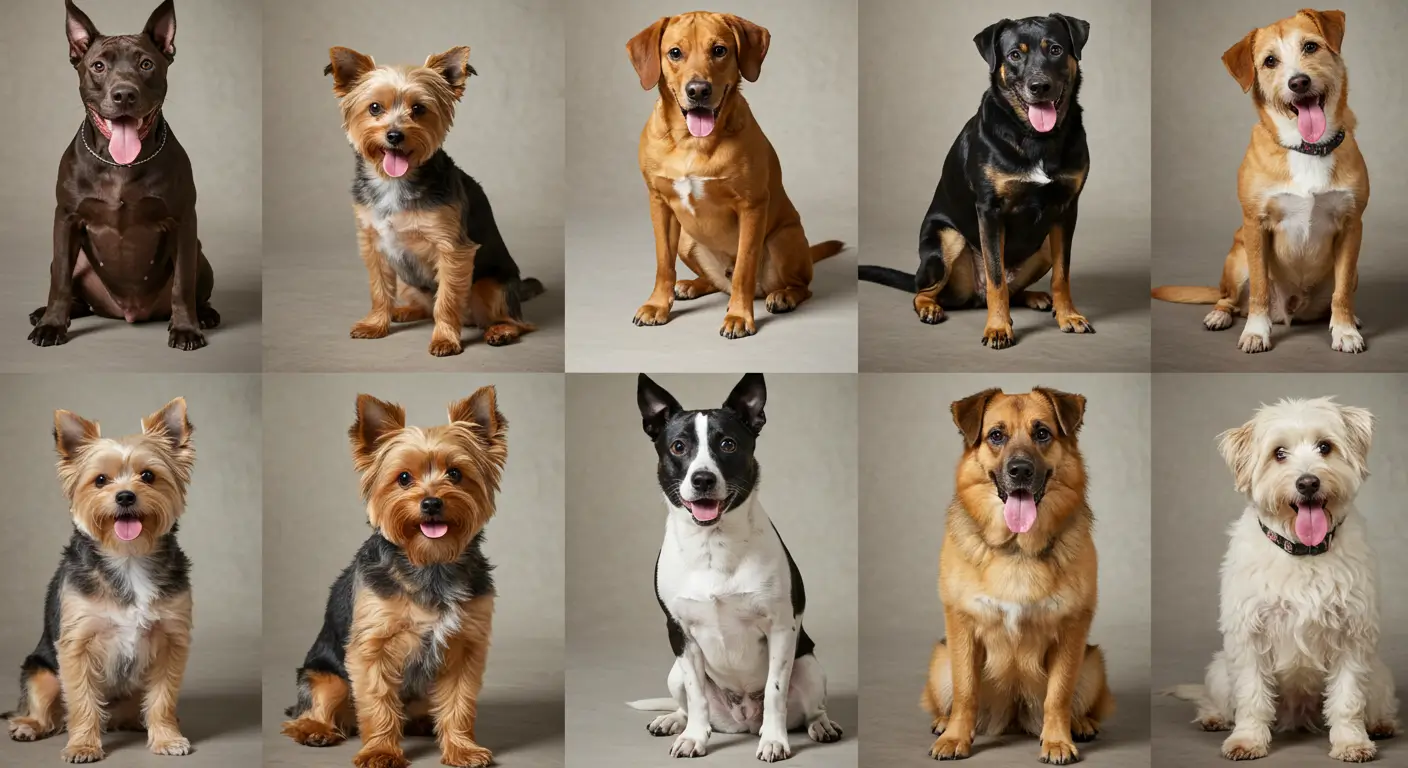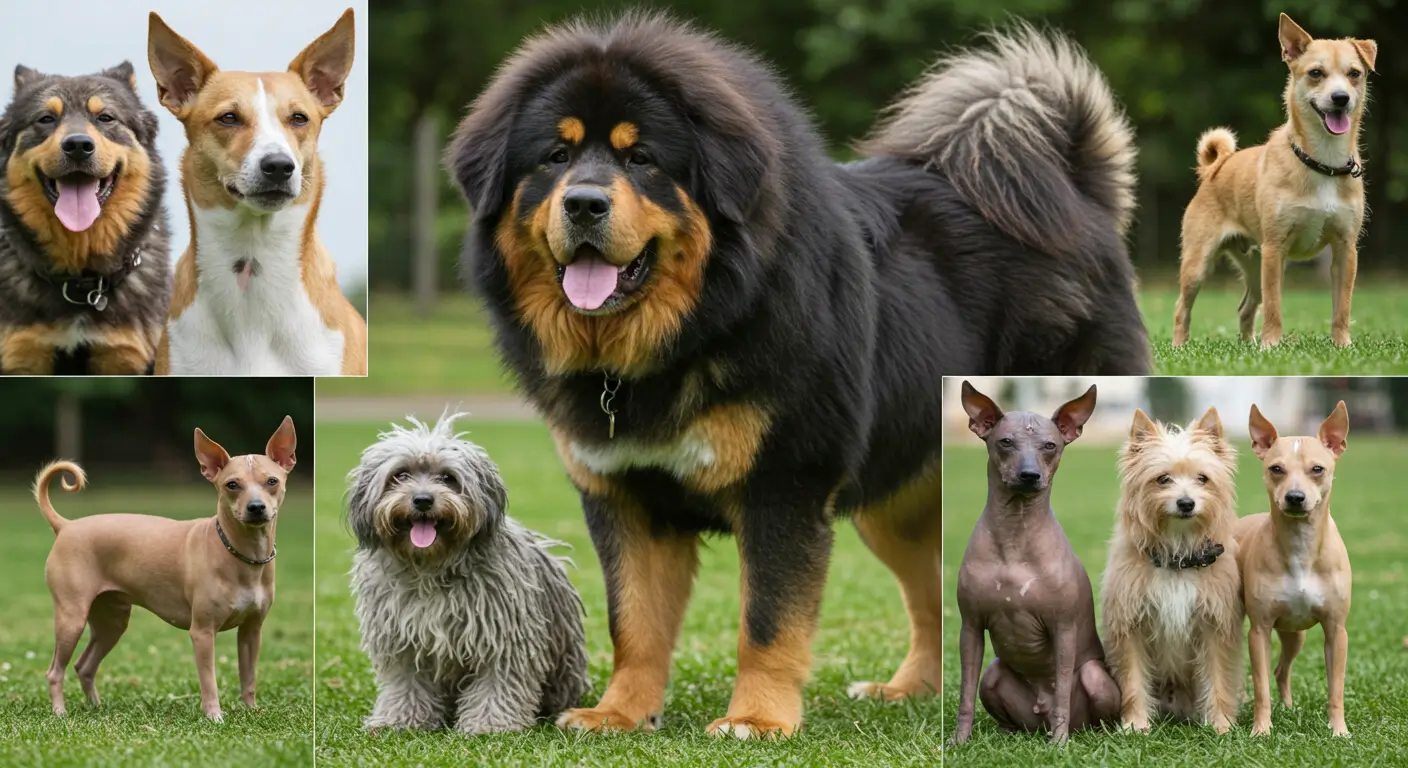What Dog Breeds Can Get Cancer How to Identify the Top 10 Risks
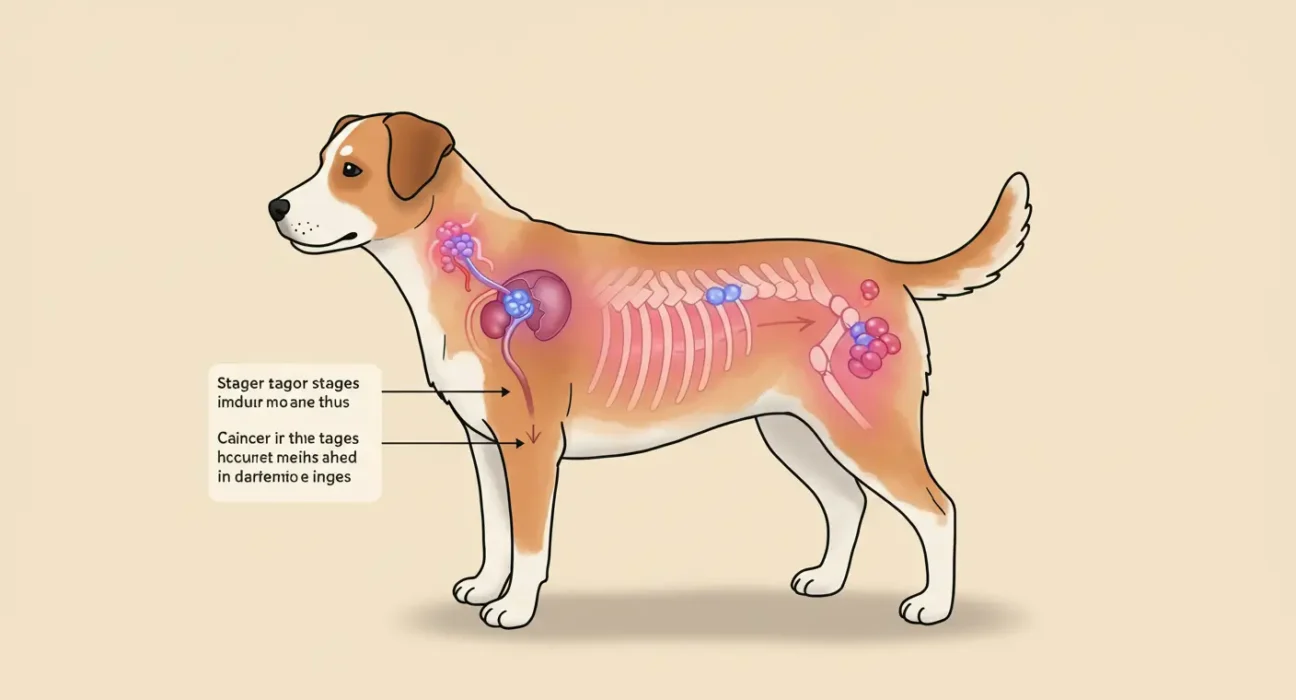
If you’re a dog owner, you already know how much joy these furry companions bring into our lives. But just like humans, dogs can face serious health challenges, including cancer. Understanding what dog breeds can get cancer is crucial for every pet parent because early detection and prevention can make all the difference. Cancer is one of the leading causes of death in dogs, and some breeds are more prone to it than others. By learning about the risks and taking proactive steps, you can help ensure your pup stays healthy and happy for years to come.
Why Cancer Is a Major Concern for Certain Dog Breeds
Cancer isn’t picky—it can affect any dog, regardless of breed or age. However, certain breeds are genetically predisposed to specific types of cancer. This means that knowing what dog breeds can get cancer is key to understanding your dog’s unique health risks. For example, larger breeds often face higher risks of bone cancer, while smaller breeds may be more prone to skin or bladder cancers. Environmental factors, like exposure to toxins, and lifestyle choices, such as diet and exercise, also play a role.
Genetics are a big part of the equation. Some breeds inherit genes that make them more vulnerable to cancer. That’s why it’s so important to research your dog’s breed and stay informed about potential health issues. By doing this, you’ll be better equipped to spot warning signs early and take action.
The Top 10 Dog Breeds Prone to Cancer
Let’s dive into the breeds most at risk. If you own one of these dogs, don’t panic—just be extra vigilant about their health. Here’s what dog breeds can get cancer and why they’re particularly vulnerable.
1. Golden Retrievers
Golden Retrievers are beloved family pets, but unfortunately, they’re also highly prone to cancer. Studies show that over 60% of Golden Retrievers will develop cancer during their lifetime. Lymphoma and hemangiosarcoma are two of the most common types. Their genetic makeup plays a significant role, but environmental factors like pesticides and poor diet can increase their risk even further.
2. Boxers
Boxers are energetic and loyal, but they’re also at high risk for mast cell tumors and brain cancer. These conditions can develop quickly, so regular vet check-ups are essential. If you notice unusual lumps or changes in behavior, don’t hesitate to seek professional advice.
3. Bernese Mountain Dogs
Bernese Mountain Dogs are gentle giants with a heartbreaking vulnerability to histiocytic sarcoma. This aggressive form of cancer affects their immune system and spreads rapidly. Early detection is critical, so keep an eye out for symptoms like lethargy or swelling.
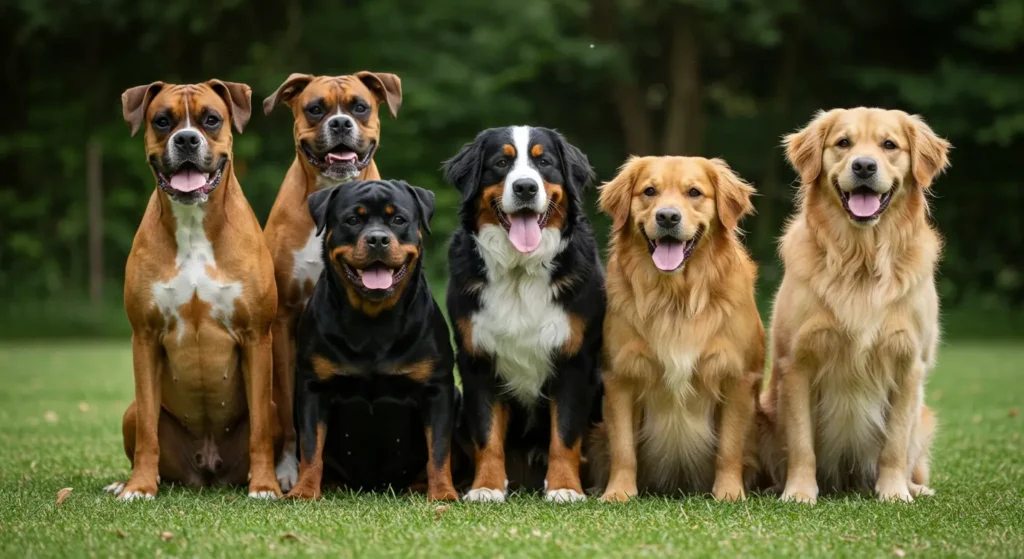
4. Rottweilers
Rottweilers are strong and protective, but they’re prone to osteosarcoma, a painful bone cancer. Larger breeds like Rottweilers are especially susceptible due to their rapid growth as puppies. Providing joint supplements and avoiding excessive strain on their bones can help reduce risks.
5. German Shepherds
German Shepherds are intelligent and hardworking, but they’re also at risk for hemangiosarcoma, a cancer that affects the spleen and heart. Regular screenings and a healthy lifestyle can go a long way in keeping these dogs safe.
6. Labrador Retrievers
Labrador Retrievers are America’s favorite breed, but they’re not immune to cancer. They commonly develop lymphoma and mast cell tumors. A balanced diet and plenty of exercise can support their overall health and lower their cancer risk.
7. Great Danes
Great Danes’ massive size makes them prone to osteosarcoma. Their rapid growth as puppies can put stress on their bones, increasing their susceptibility. To protect them, focus on proper nutrition and avoid activities that strain their joints.
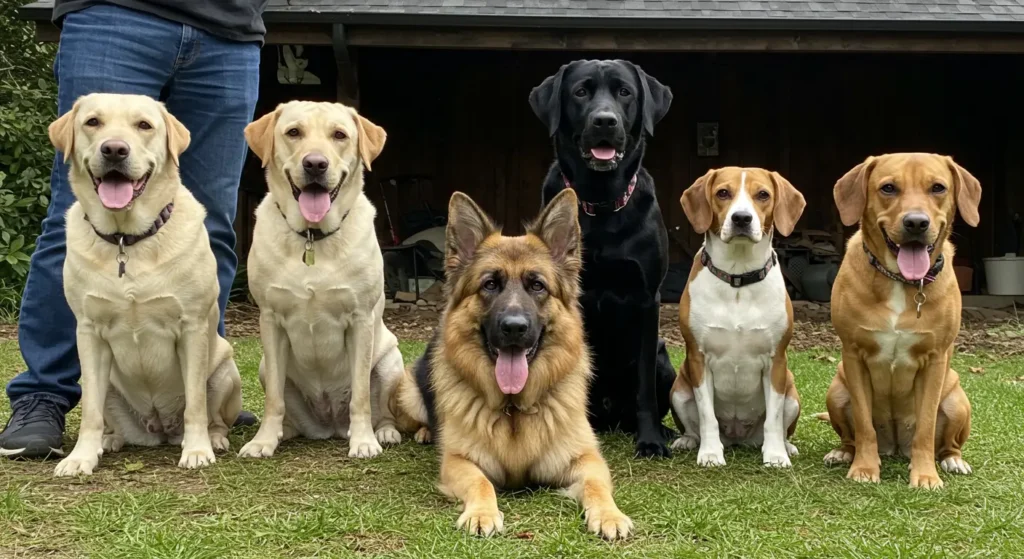
8. Beagles
Beagles are small but mighty, yet they face a higher risk of bladder cancer. This type of cancer can be tricky to detect, so watch for signs like difficulty urinating or blood in their urine. Keeping their environment toxin-free is a great preventive measure.
9. Bulldogs
Bulldogs are known for their wrinkly faces and stubborn personalities, but they’re also prone to mast cell tumors and skin cancer. Their sensitive skin requires special care, including regular cleaning and sun protection.
10. Basset Hounds
Basset Hounds are lovable and laid-back, but they’re at risk for lymphoma and other cancers. Their droopy eyes and ears need regular cleaning to prevent infections, which could weaken their immune system over time.

How to Identify Early Warning Signs of Cancer in Dogs
Knowing what dog breeds can get cancer is only half the battle. Spotting the signs early can save your dog’s life. Keep an eye out for these common symptoms:
- Lumps or bumps that grow quickly
- Unexplained weight loss or appetite changes
- Lethargy or lack of energy
- Difficulty breathing or persistent coughing
- Bleeding or discharge from any part of the body
Regular vet visits are crucial for catching cancer early. Your vet can perform tests like X-rays, ultrasounds, or biopsies to confirm a diagnosis. Remember, early detection often leads to better outcomes.
Tips for Reducing Cancer Risks in High-Risk Breeds
While genetics play a big role, there are steps you can take to reduce your dog’s cancer risk. Here’s how to keep your furry friend healthy:
- Feed a Balanced Diet: Provide high-quality food rich in nutrients. Avoid processed foods and ingredients like artificial preservatives.
- Exercise Regularly: Physical activity helps maintain a healthy weight and boosts immunity.
- Avoid Carcinogens: Keep your dog away from harmful chemicals like pesticides, cigarette smoke, and toxic plants.
- Spay or Neuter: This reduces the risk of reproductive cancers in both male and female dogs.
- Schedule Routine Check-Ups: Regular vet visits can catch problems before they become serious.
Breed-Specific Prevention Strategies
Each breed has unique needs, so tailoring your approach is important. Here are some tips for the top 10 breeds mentioned earlier:

- Golden Retrievers: Focus on a clean environment and consider genetic testing to identify predispositions.
- Boxers: Monitor their skin closely and address any lumps immediately.
- Bernese Mountain Dogs: Prioritize immune-boosting supplements and frequent vet visits.
- Rottweilers: Protect their joints with glucosamine supplements and low-impact exercise.
- German Shepherds: Watch for abdominal swelling and schedule regular ultrasounds.
- Labrador Retrievers: Maintain a healthy weight to reduce strain on their organs.
- Great Danes: Use joint-supportive diets and limit strenuous activities during puppyhood.
- Beagles: Ensure access to fresh water and minimize exposure to chemicals.
- Bulldogs: Clean their skin folds daily and use pet-safe sunscreen outdoors.
- Basset Hounds: Keep their ears clean and dry to prevent infections.
Conclusion
Understanding what dog breeds can get cancer empowers you to take charge of your pet’s health. While some breeds are more prone to cancer than others, knowledge and vigilance can make a world of difference. Whether it’s scheduling regular vet visits, feeding a nutritious diet, or simply paying attention to changes in behavior, every step counts.
Your dog depends on you to keep them safe and healthy. So, take action today! Share your thoughts or experiences in the comments below—what steps have you taken to protect your pup? Together, we can create a community of informed and caring pet owners.



